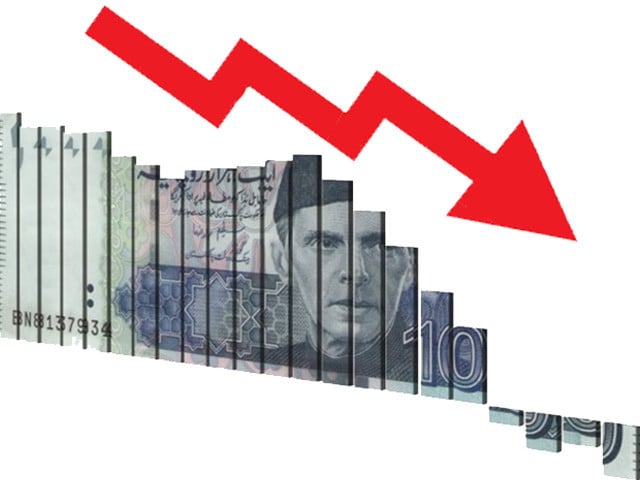Recent data on Pakistan’s economy reveals a narrowing current account deficit, standing at a modest $8 million in September. While this seems positive, there’s a paradox at play. The decline in the deficit may not solely signify economic strength but rather a potential loss of momentum. The reduction is primarily attributed to a significant drop in imports, down 19% in the Jul-Sept period. This decline, while neutral on its own, is concerning when tied to economic slowdown, factory closures, layoffs, inflation, and high borrowing costs.
The reduction in exports, down 4.1% to $8.72 billion in the last three months, contradicts the typical positive scenario where export growth drives a decrease in the current account deficit. The textile sector, a major contributor to exports, experienced a 14% downturn. In contrast, the IT sector showed resilience with a 3.3% increase in exports to $655 million.
Read Also: Record Hajj Participation in 2023: Over 2.5 Million Pilgrims, 160,000 From Pakistan
To address these challenges, policymakers must focus on boosting import substitution industries, particularly in sectors like oil refining, and fostering a diverse range of export-oriented industries. The underutilization of Pakistan’s oil refining sector contributes significantly to import dependency, highlighting the need for a coherent government policy. Additionally, broad-based government support for various sectors, rather than favoring specific industries, is essential for sustainable export growth. A holistic approach is urged, considering both weak exports and high imports, to ensure a robust and balanced economy moving forward.

